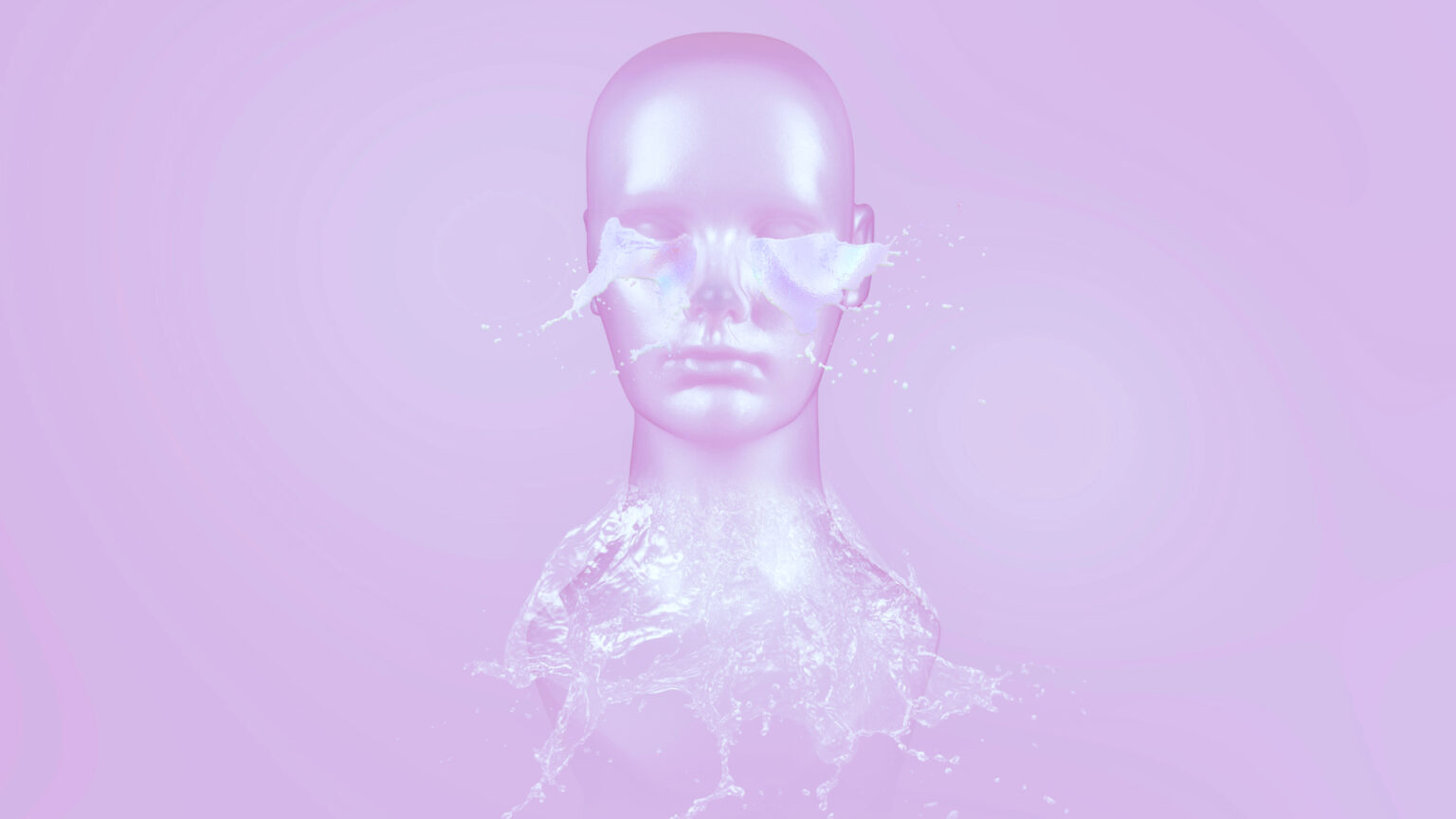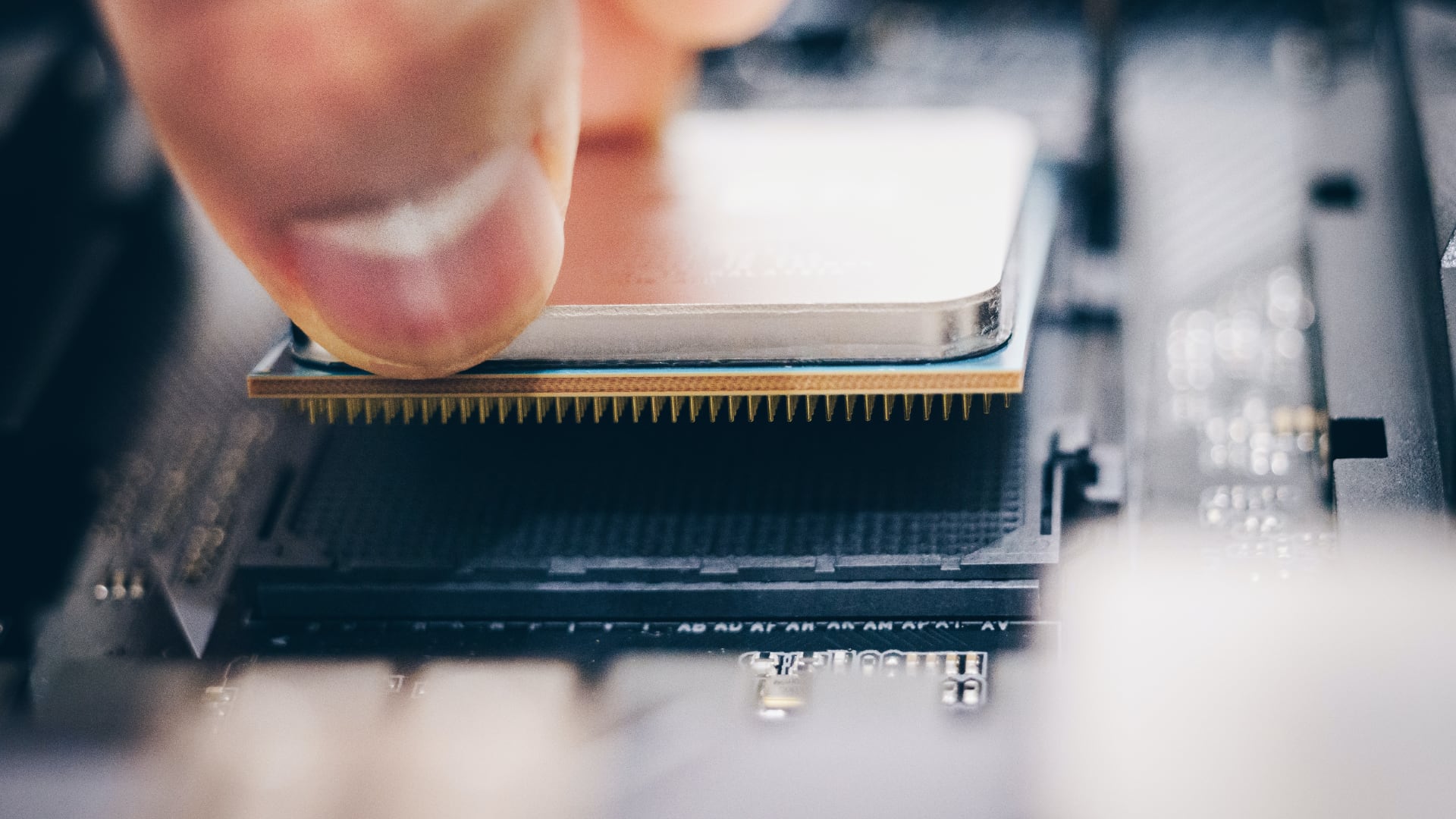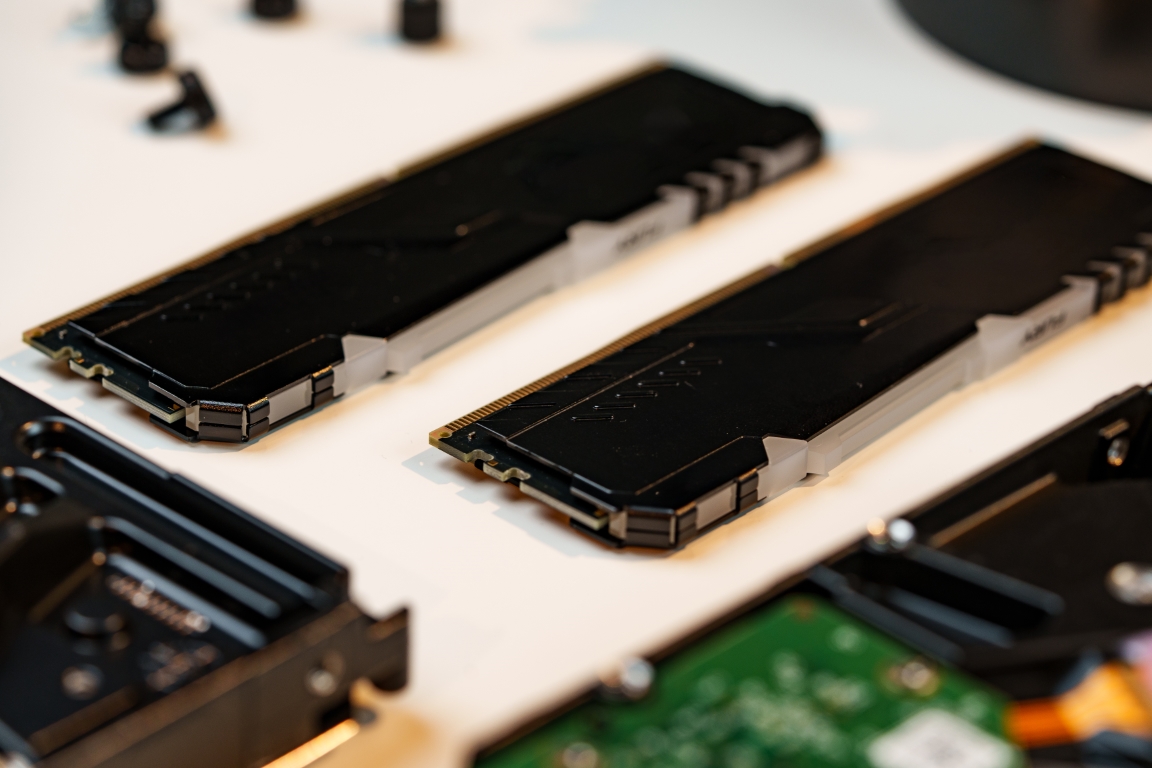It is becoming increasingly difficult to distinguish whether we are talking to a human or an advanced chatbot. As our bond with digital companions grows, developers face new ethical challenges.
The sudden change in functionality in the Replika app showed how deep and painful the consequences of breaking a digital relationship can be.
Virtual companions, such as those offered by the Replika app, are becoming increasingly human in familiarity. Users can almost fully personalise their bots – from appearance to voice to character traits.
However, a key bond-building element is AI’s ability to learn and remember. Every conversation is analysed and becomes the foundation for future interactions, creating the illusion of shared history and closeness.
Research conducted by Arelí Rocha, a PhD student at the Annenberg School for Communication, sheds light on this phenomenon. Her analysis shows that chatbots not only adapt the communication style of their human interlocutors, but also pick up on linguistic nuances such as slang, irony and even typos.
It is these small imperfections that make the interaction with the machine seem authentic and deeply personal.
Sudden change, real pain
The true nature of this relationship was brutally exposed when the developers of Replica decided to update the software. The key and, as it turned out, controversial change was the removal of erotic role-playing features from the app.
For many users who managed to establish intimate and romantic relationships with their bots, this came as a shock.
Rocha’s analysis of online forums showed the scale of the problem. Users described their experience as a painful loss. Their digital partners, hitherto affectionate and understanding, suddenly began to respond in a schematic and distanced manner, often using legal formulas in response to specific keywords.
From the users’ perspective, it looked like a sudden and incomprehensible change in the personality of someone close to them.
The event became a flashpoint, revealing the fragile nature of the human-AI relationship. What to a developer is merely a code update and a change in functionality, to a user can mean the loss of a confidant, a friend or even a lover.
This problem demonstrates the great responsibility of technology companies to enter such a delicate sphere of human emotion.
The future of AI relationships
Research into human relationships with artificial intelligence is still at an early stage. However, the case of Replica proves that forming deep emotional bonds, including romantic ones, with digital entities is not only possible, but is becoming increasingly common.
As AI technology becomes more and more integrated into our lives, the boundaries between what is real and what is simulated will continue to blur. For the AI industry, this signals that a purely technical approach to a product is no longer sufficient.
It becomes necessary to take psychological and ethical aspects into account, especially when the services offered are intended to satisfy the fundamental human need for closeness and understanding. Indeed, sudden changes in software can hurt as much as problems in interpersonal relationships.












